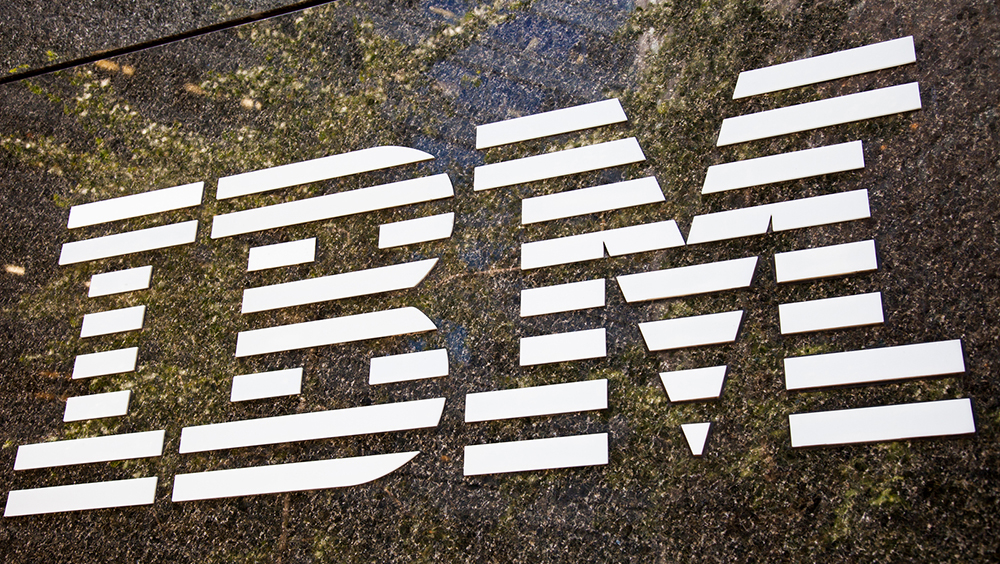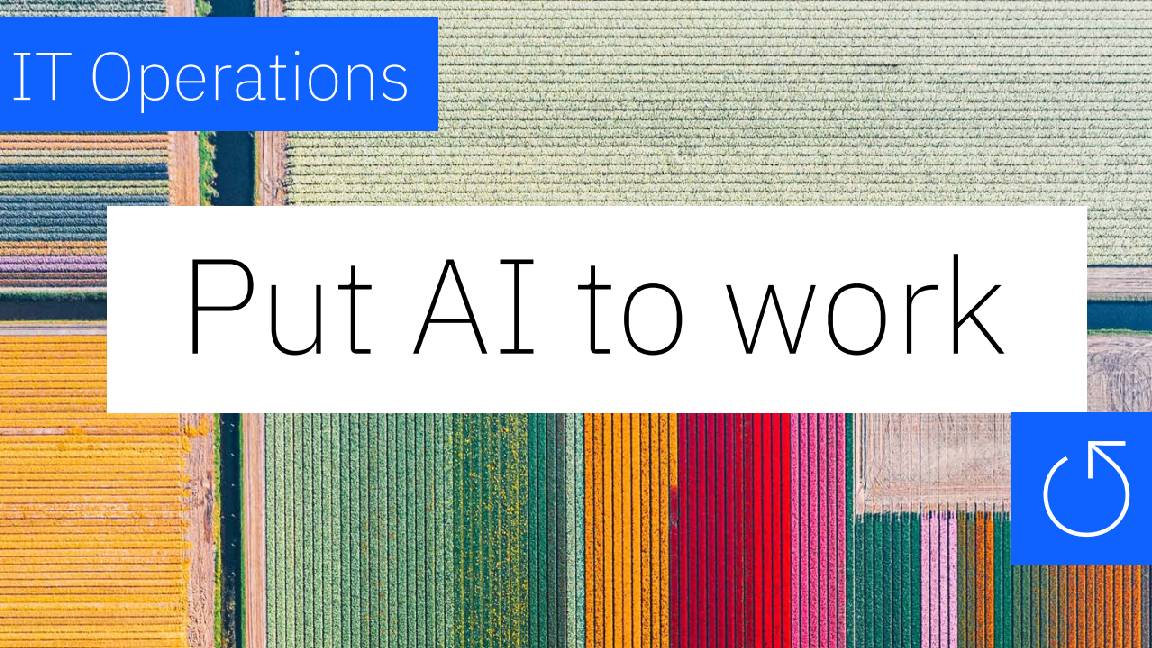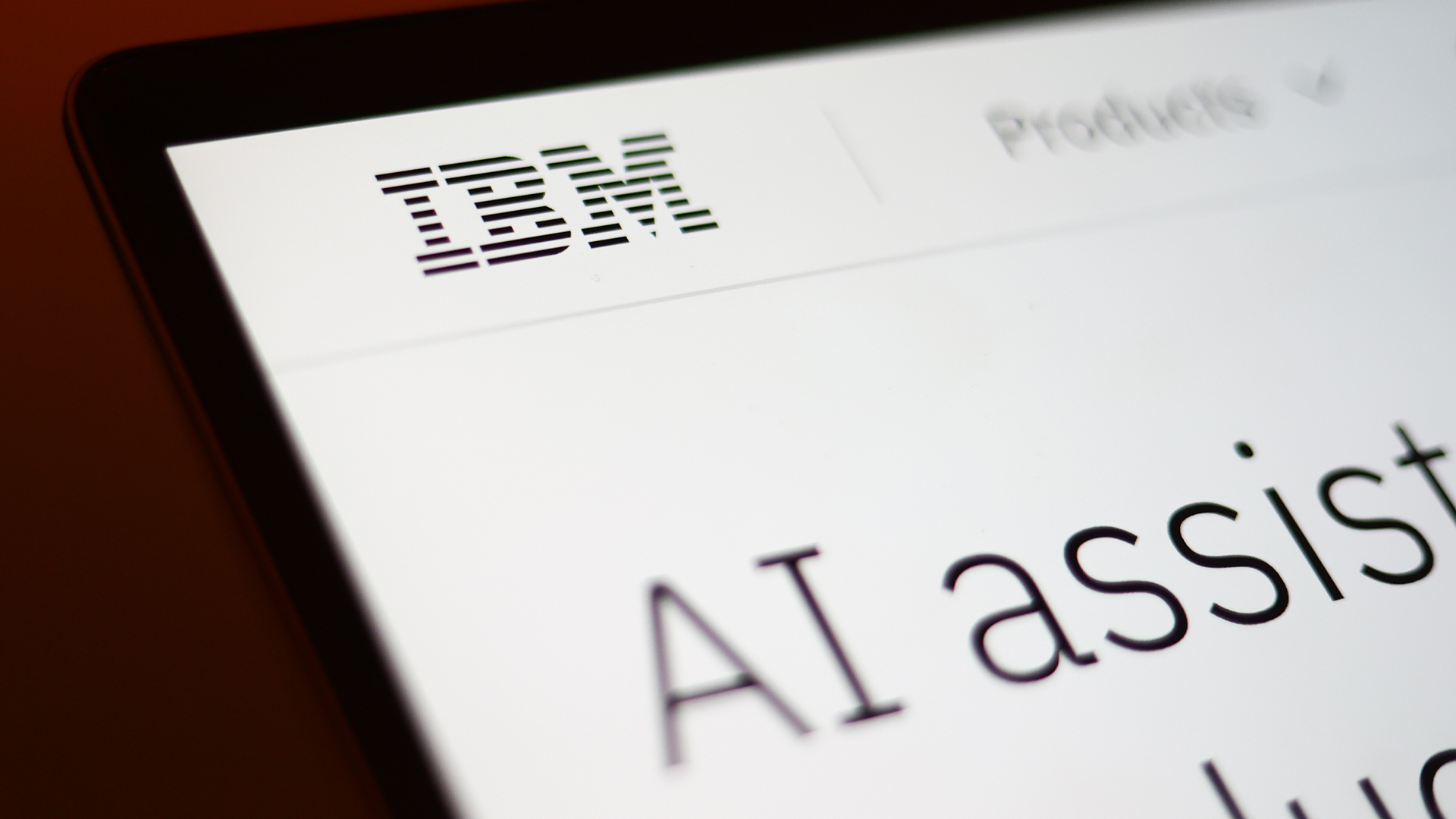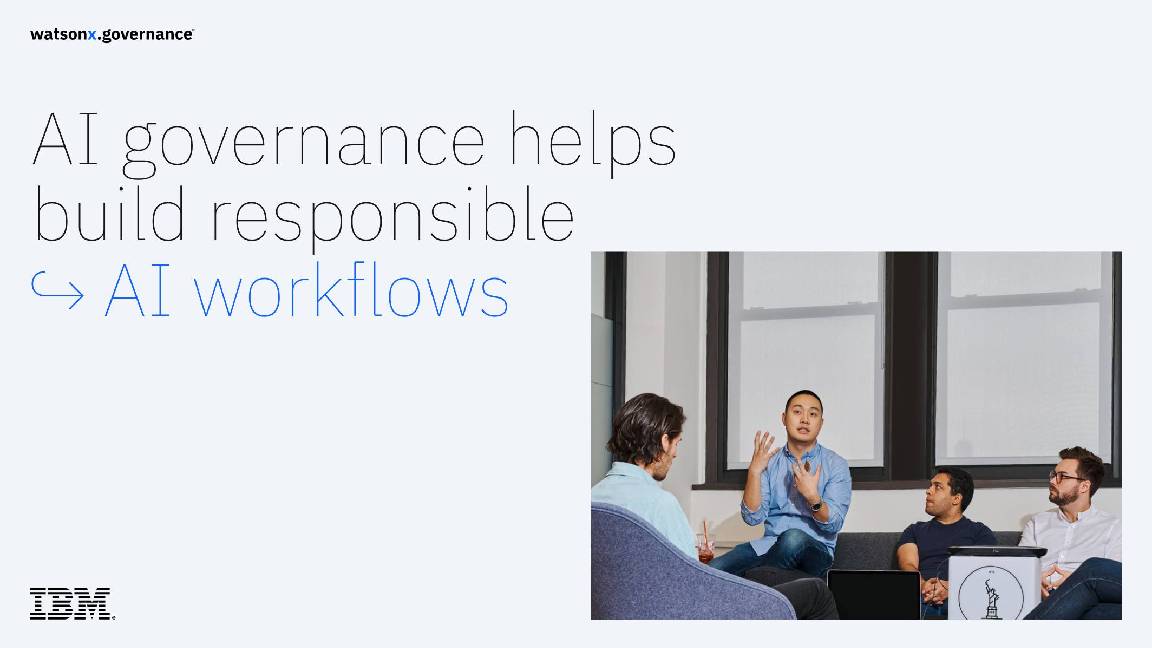IBM unveils the world’s first quad-core AI accelerator chip
The chip can be scaled for commercial use in hybrid-cloud environments

IBM has unveiled the world’s first quad-core artificial intelligence (AI) accelerator chip, built using seven-nanometer (7nm) MOSFET technology.
The company says it has optimized the novel chip for low-precision workloads with support for many AI models.
"In a new paper presented at the 2021 International Solid-State Circuits Virtual Conference (ISSCC), our team details the world’s first energy-efficient AI chip at the vanguard of low precision training and inference built with 7nm technology," said IBM researchers Ankur Agrawal and Kailash Gopalakrishnan.
"Through its novel design, the AI hardware accelerator chip supports a variety of model types while achieving leading edge power efficiency on all of them."
AI accelerators are specialized hardware designed to enhance AI applications’ performance, including deep learning, machine learning, and neural networks. They use in-memory computing or low-precision arithmetic, resulting in faster execution of large and complex AI algorithms.
IBM claims its new AI accelerator chip is the first to include an ultra-low precision hybrid 8-bit floating-point (HFP8) format for training deep learning models in a silicon technology node (7 nm EUV-based chip). The chip can also self-maximize its performance by slowing down during high-power computation phases, thanks to an integrated power-management feature.
RELATED RESOURCE

Six reasons to accelerate remote asset monitoring with AI
How to optimise resources, increase productivity, and grow profit margins with AI
Furthermore, IBM said its AI chip “routinely achieved more than 80% utilization for training and more than 60% utilization for inference” as compared to mainstream GPU utilizations, which are typically below 30%.
Sign up today and you will receive a free copy of our Future Focus 2025 report - the leading guidance on AI, cybersecurity and other IT challenges as per 700+ senior executives
According to IBM, the chip technology can be scaled and deployed commercially to support large-scale deep learning models in the cloud.
“Our new AI core and chip can be used for many new cloud to edge applications across multiple industries. For instance, they can be used for cloud training of large-scale deep learning models in vision, speech and natural language processing using 8-bit formats (vs. the 16- and 32-bit formats currently used in the industry),” said IBM.
“They can also be used for cloud inference applications, such as for speech to text AI services, text to speech AI services, NLP services, financial transaction fraud detection and broader deployment of AI models in financial services.”
-
 Hackers are using LLMs to generate malicious JavaScript in real time
Hackers are using LLMs to generate malicious JavaScript in real timeNews Defenders advised to use runtime behavioral analysis to detect and block malicious activity at the point of execution, directly within the browser
-
 Developers in India are "catching up fast" on AI-generated coding
Developers in India are "catching up fast" on AI-generated codingNews Developers in the United States are leading the world in AI coding practices, at least for now
-
 Put AI to work for IT operations
Put AI to work for IT operationswhitepaper Reduce the cost and complexity of managing hybrid applications
-
 AI in the retail industry is spreading beyond the IT department
AI in the retail industry is spreading beyond the IT departmentNews AI has become a strategic imperative for retailers, delivering marked productivity gains
-
 Maximizing contact center operations with generative AI assistants backed by responsible AI principles
Maximizing contact center operations with generative AI assistants backed by responsible AI principleswhitepaper Reduce the cost and complexity of managing hybrid applications
-
 IBM just launched powerful new open source AI models – here’s what you need to know
IBM just launched powerful new open source AI models – here’s what you need to knowNews Available under the Apache 2.0 license, IBM's Granite 3.0 models are trained on enterprise data and can out-perform the competition
-
 Achieving business outcomes with generative AI
Achieving business outcomes with generative AIWebinar Take your hybrid cloud journey to the next level with generative AI
-
 Wimbledon’s new Catch Me Up AI feature promises to keep fans up to date at the tournament – after it irons out some of the wrinkles
Wimbledon’s new Catch Me Up AI feature promises to keep fans up to date at the tournament – after it irons out some of the wrinklesNews The latest feature to come out of IBM’s partnership with Wimbledon will keep fans engaged from the early stages right through to the final with dynamic player insights
-
 AI demands new ways of data management
AI demands new ways of data managementwhitepaper The data leader’s guide for how to leverage the right databases for applications, analytics and generative AI
-
 AI governance for responsible transparent and explainable AI workflows
AI governance for responsible transparent and explainable AI workflowswhitepaper Build greater trust in your AI